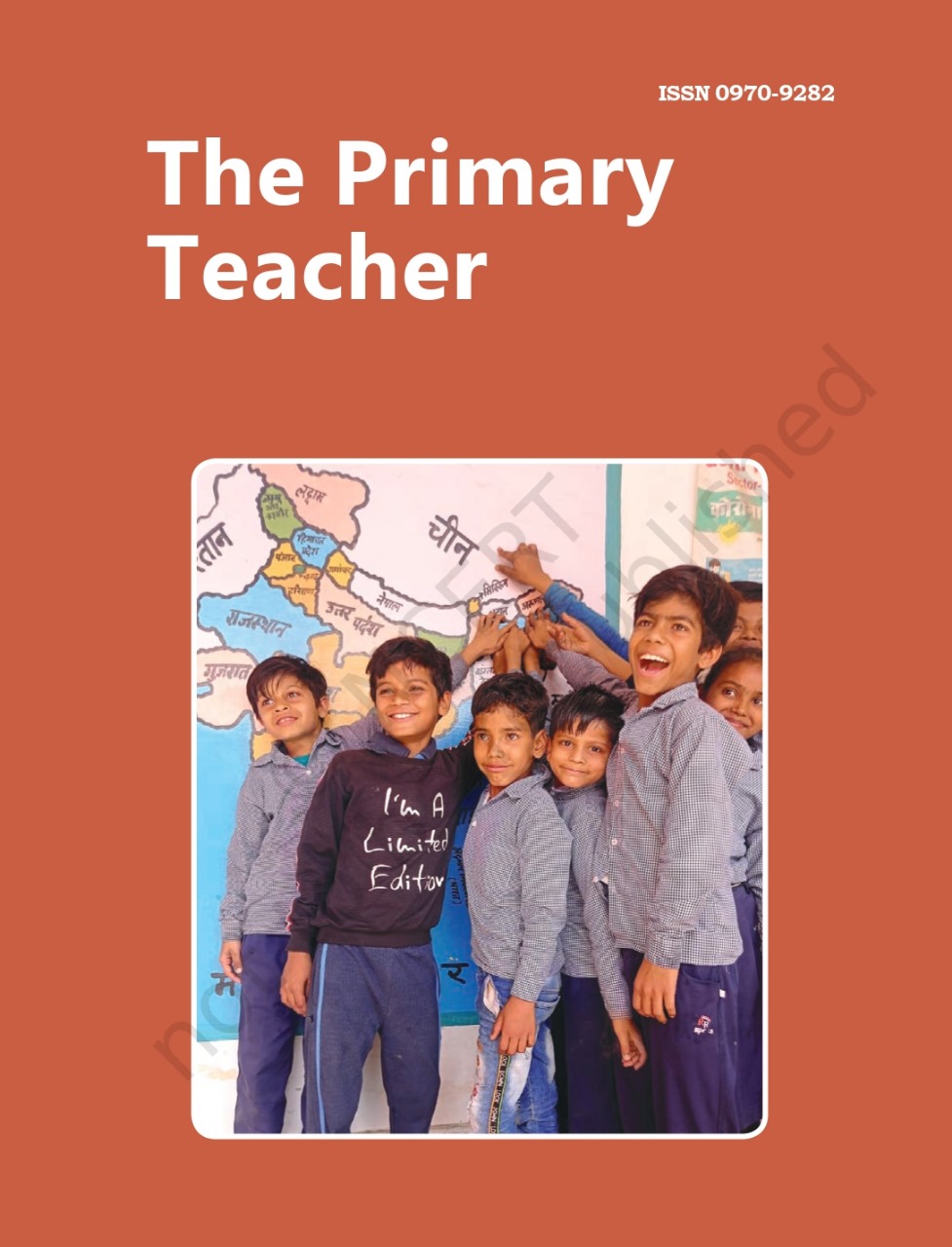
Published 2024-11-26
Keywords
- Sarva Shiksha Abhiyan (SSA),
- Universal Participation,
- Quality Education
How to Cite
Abstract
Since independence, the country has been making relentless efforts to achieve the goals of Education for All. The National Policy on Education (1986) envisaged that the country would achieve Universal Primary Education by 1990 and Universal Elementary Education by 1995. Later the achievement of the goal was shifted to 2000 (World Conference on Education held at Jomtien in 1990). The efforts for achieving the goal gained renewed impetus after the World Education Forum held at Dakar in 2000. The achievement of the goal was then shifted to 2015. The country has made major strides towards the attainment of the goal by launching programmes like District Primary Education Programme (DPEP) and Sarva Shiksha Abhiyan (SSA). However, in the light of the present scenario, the chances of attaining the goal by 2015 are bleak. It was envisaged by all the stakeholders – teachers, teachers’ organisations, social reformers, child rights’ activists, educationists, politicians and policy makers that if the right to education becomes a fundamental right, the dream of EFA could be fulfilled. All India Primary Teachers' Federation has launched the movement in 2002 to generate awareness among teachers, social activists, politicians, policy makers about the need and importance of education for all for the wellbeing of the people and economic development of the country. The country enacted Right of Children to Free and Compulsory Education Act in 2009. It reads as: Every child of the age of six to fourteen years shall have a right to free and compulsory education in a neighbourhood school till completion of elementary education. Millennium Development Goal-2 adopted at Dakar in 2000 specifies that each country would ensure that by 2015 children everywhere, boys and girls alike will be able to complete a full course of primary schooling
